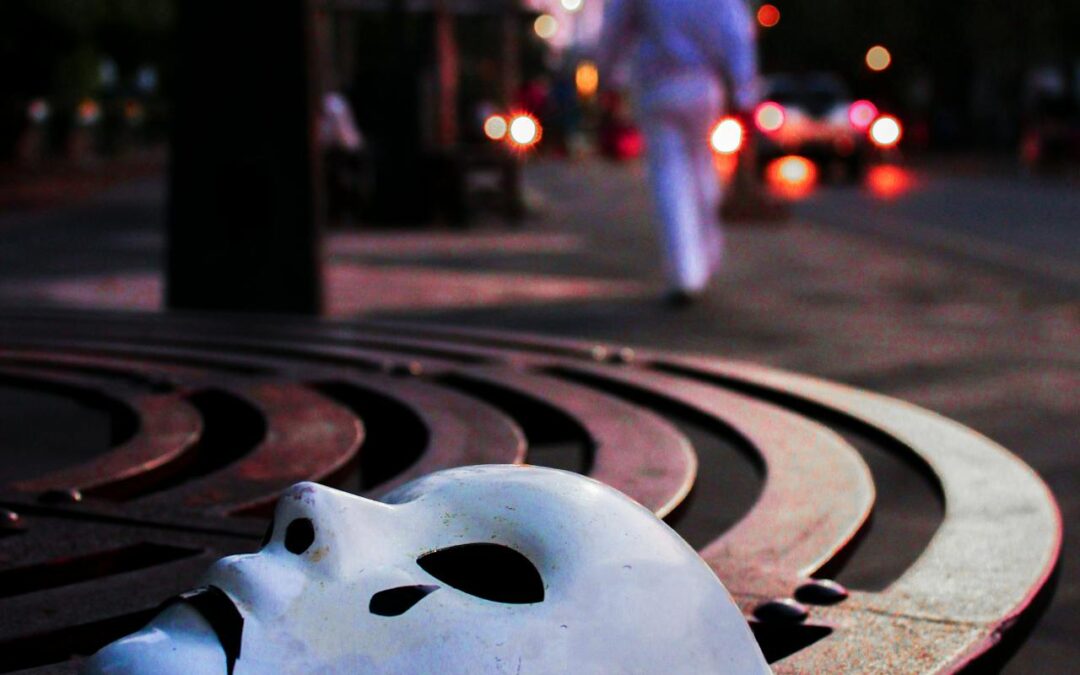There has been a lot of talk in recent years about estrangement from family. It is something that has always existed, but is being talked about more and more. The old ideals of putting family before everything, at times even before one’s self, no longer holds. But it is something many of us are taught is shameful, that we are shameful for not maintaining contact with family.
In an ideal world children would be born with a manual telling parents what to do. Sadly this is not the case, and parents are human and fallible. They make mistakes. Some mistakes may be too big to forgive (and we will touch on forgiveness later). Some may find that maintaining contact with family brings more pain and makes it harder to move on and heal. Both sides often end up hurting.
As a parent it is painful to know that you have damaged your child. And I know that there are plenty of parents who can not admit this and lay the blame in the laps of their children. There are parents who want to have a relationship with their child, but can not accept the damage that has been done and don’t believe the child.
What We Learn From Our Parents
As a child who has been damaged by a parent, there is a lot of struggle that takes place before terminating the relationship. For most, it is not a decision that is taken lightly and oftentimes there are attempts to try and maintain this relationship. For many of us it is hard to get away from the longing, the dream we hold, of having a parent that loves us and accepts our trauma and their part in it. We may always grieve the loss of that relationship, we may always love our parent or the idea of a parent who can give us what we needed or may still need.
As children our parent, parents, or caretakers are our world. We learn to view ourselves through their eyes, through the decisions they make, appropriate or inappropriate. When a parent puts their needs first we learn that our needs don’t matter. When a parent stays in an abusive relationship we learn that is the norm. When a parent puts their spouse before their child, the child learns that they are not very valuable.
When children get these skewed ideas, they can carry these painful, negative beliefs about themselves into adulthood. They grow to dislike themselves, to devalue themselves, to be people pleasers. A child cannot fathom that a parent is fallible, that’s just too scary. Instead they tell themselves the reason the parent is not connecting with them is that they are bad, or they are wanting, or they need to be more, be better, be perfect to get attention. To a child, it is easier to blame themselves rather than their parents or caregivers; it makes them feel more in control, safer.
Navigating Estrangement and Forgiveness
In this month of June, Pride Month, I would be remiss to not acknowledge the many children (and adults) who are not able to be themselves due to pressures from their family to be straight. Children who face a horrible choice, to be authentically themselves and be without family, homes, income (and at times their lives) or to stay closeted and have a home, food, clothing, and some (often misdirected) support. What a horrible set of choices.
We are told to “forgive” our family. What does that mean? I would like to propose that forgiveness can mean anything you need it to mean and that what this means to you may change over time. Many of us are used to hearing that forgiveness means that you accept that person for who they are and allow them to be in your life. I like the idea of forgiveness being solely for your own benefit. Maybe forgiveness means that I will never allow you to get close enough to me again (physically, emotionally, etc) to harm me.
Whatever choice you make, make it for yourself, for your own sanity, your own safety. Do what feels right for you. There are some people who won’t understand, but there are people who will and who won’t judge you for this decision.

